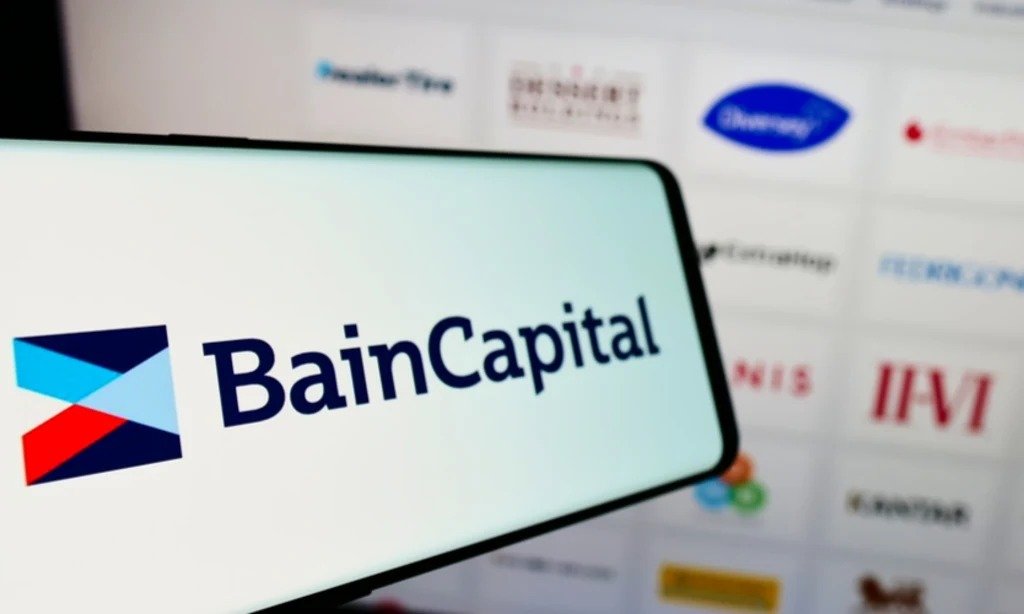Big Four Slash Graduate Hiring as AI and Global Shifts Redefine Consulting Talent Models
The world’s leading professional services firms—Deloitte, EY, PwC, and KPMG—are significantly scaling back entry-level hiring in 2025, reflecting a profound shift in how the consulting sector operates in the age of artificial intelligence (AI) and rising cost pressures. According to fresh insights reported by The Guardian, graduate job postings across the Big Four have declined by 44% this year. This contraction coincides with a broader downturn in the UK white-collar job market, where vacancies have fallen 43% since 2022, as outlined in McKinsey & Company’s June 2025 labour market study. AI Reshapes the Foundations of Consulting Work The move marks a major disruption to the traditional consulting model that heavily relied on recruiting large numbers of fresh graduates. Instead, generative AI and intelligent automation tools are now performing much of the analytical, research, and presentation work previously assigned to junior consultants. “This isn’t a case of automation replacing repetitive work—it’s smart technology doing a significant chunk of high-cognitive tasks once reserved for entry-level roles,” a former Big Four strategist told the Financial Times. “The economics of graduate hiring have shifted.” This transformation is prompting firms to move from the traditional pyramid structure—where a broad base of juniors supports senior staff—to what’s now being described internally as a “diamond model,” characterised by a slimmer base, a stronger mid-tier, and expert-led teams augmented by AI. Offshoring and Structural Adjustments Gain Momentum Alongside AI adoption, the Big Four are accelerating offshoring to optimize operations and reduce costs. Talent advisory firm Patrick Morgan highlighted the following workforce realignments between 2023 and 2024: Deloitte reduced staff in the Netherlands by 5%, while expanding its Malaysian workforce by 9%. KPMG downsized in the UK by 7%, while growing its presence in Pakistan by 10%. EY trimmed German headcount by 6%, offset by a 7% rise in Indonesia. PwC cut 18% of its staff in Australia, shifting 12% of roles to Mexico, following a major misconduct investigation. “This isn’t just cost-cutting—it’s a strategic restructuring,” explained Dr Charlotte Moore, a labour economist at the University of Leeds. “Firms are recalibrating how and where work gets done amid technological disruption and global wage dynamics.” Market Shocks and Emerging Competition These structural overhauls come amid reputational turbulence. Firms like PwC have been entangled in controversies—including misuse of confidential government data in Australia—that have triggered client exits and internal shakeups. At the same time, private equity firms are backing leaner, tech-native consultancies. According to Bloomberg, PE investments in European consulting and accounting firms surged to nearly 200 deals in 2024—up from just 20 in 2022—indicating a growing appetite for agile challengers to the Big Four. “These new players are built for a digital-first world,” said James O’Dowd of Patrick Morgan. “They’re fast, focused, and often operate with flatter hierarchies—something legacy firms are struggling to adapt to.” What This Means for HR and Future Talent Strategies The shift is forcing HR and talent leaders to reimagine early-career pathways. With AI now capable of replicating much of the output expected from junior hires, traditional graduate recruitment models are becoming obsolete. Future-focused strategies now include: Developing graduate roles that build uniquely human, high-value skills. Promoting AI literacy across all departments, not just technical teams. Integrating automation into training programmes to strengthen human-AI collaboration. Restructuring global talent pipelines to balance local expertise with offshore operations. The Institute of Chartered Accountants in England and Wales (ICAEW) confirmed that firms are reallocating budgets to upskilling existing staff in AI tools and methods, often reducing graduate intakes as a result. “We’re witnessing a strategic reset—not a breakdown,” said Dr Moore. “The future of consulting lies in how effectively firms—and the next generation of professionals—can adapt to a human-plus-AI model.” Source: peoplematters
Big Four Slash Graduate Hiring as AI and Global Shifts Redefine Consulting Talent Models Read More »










